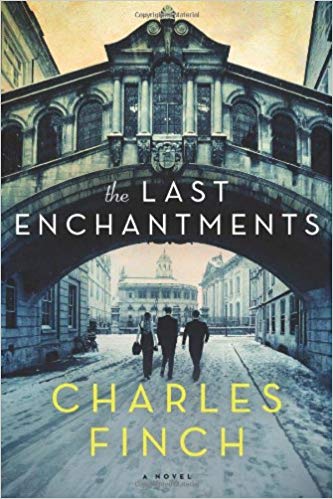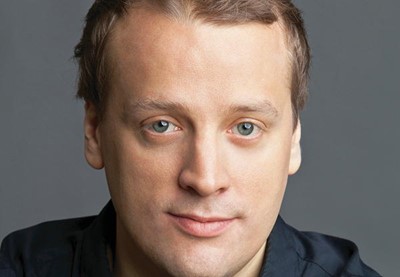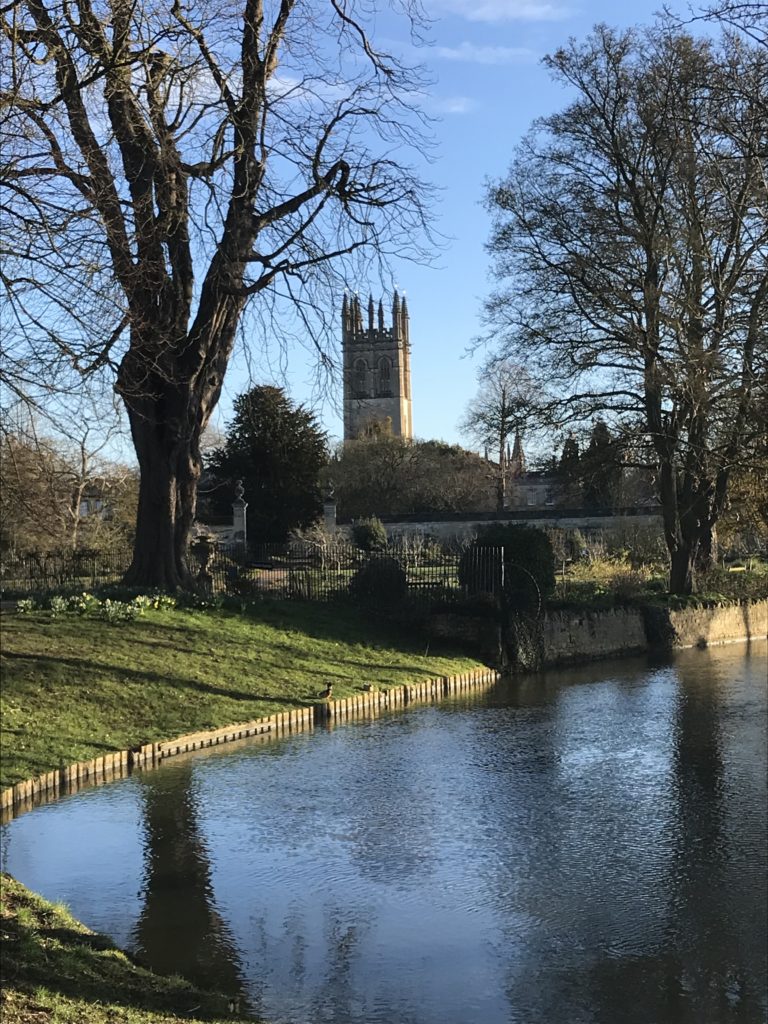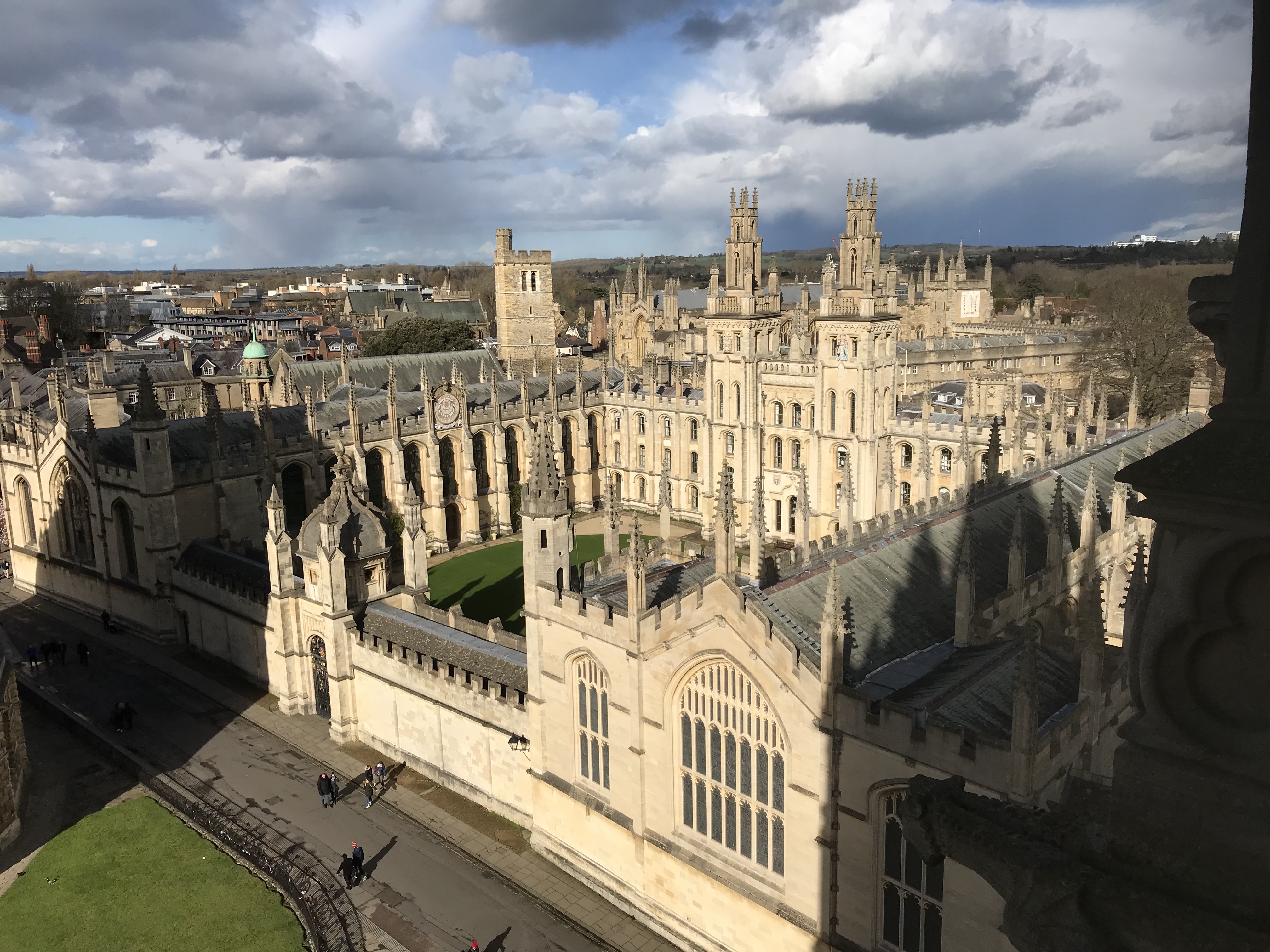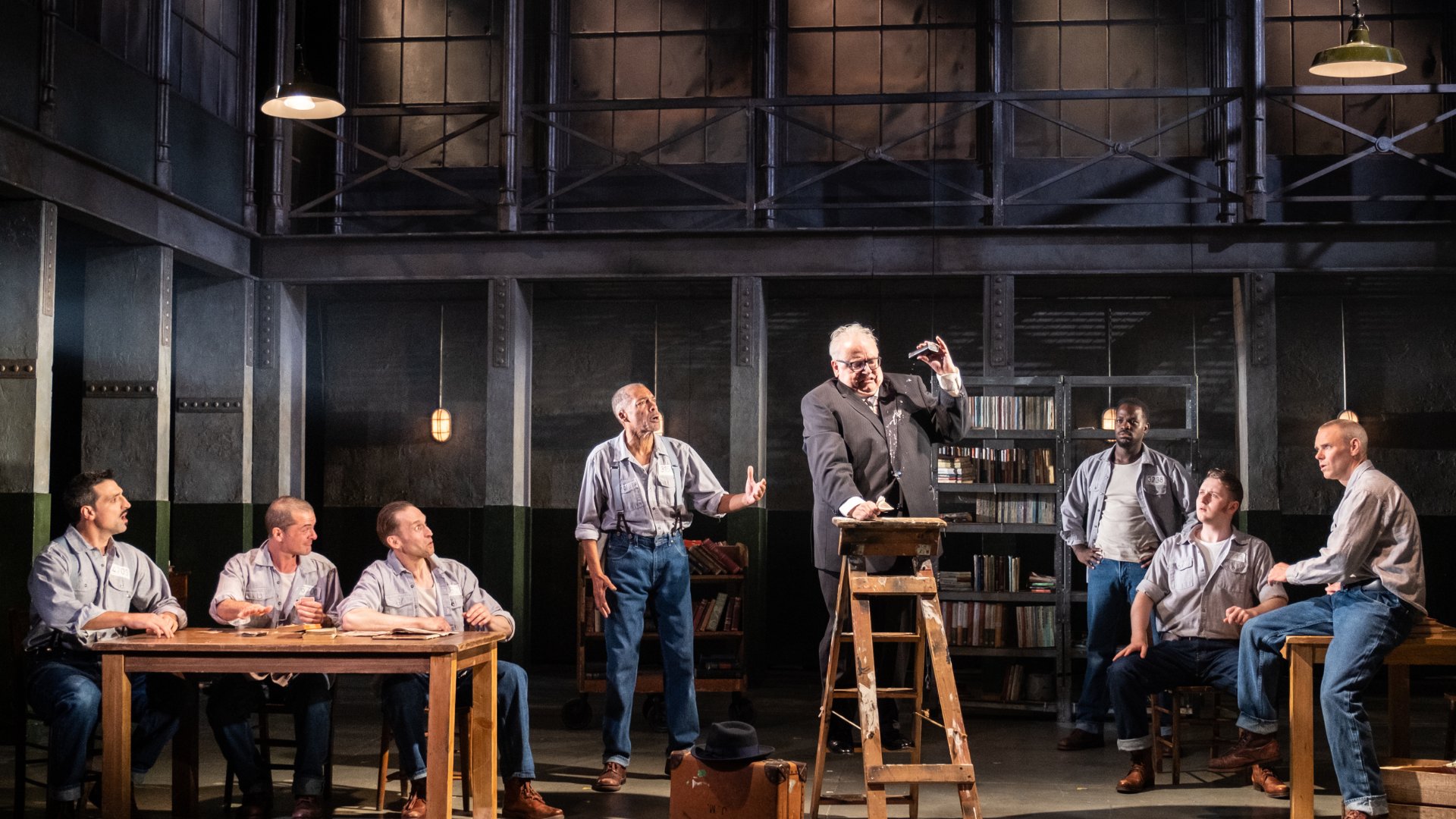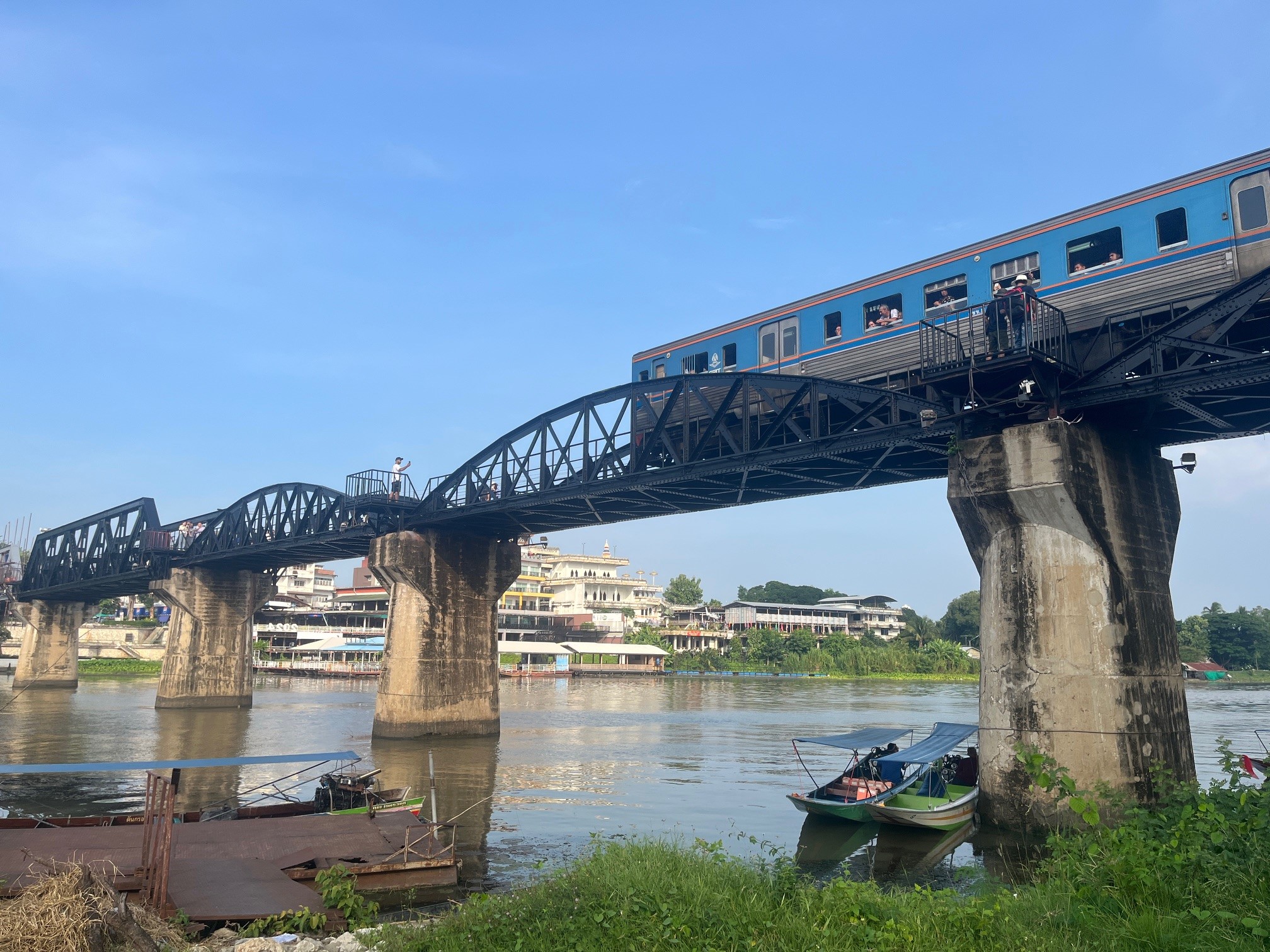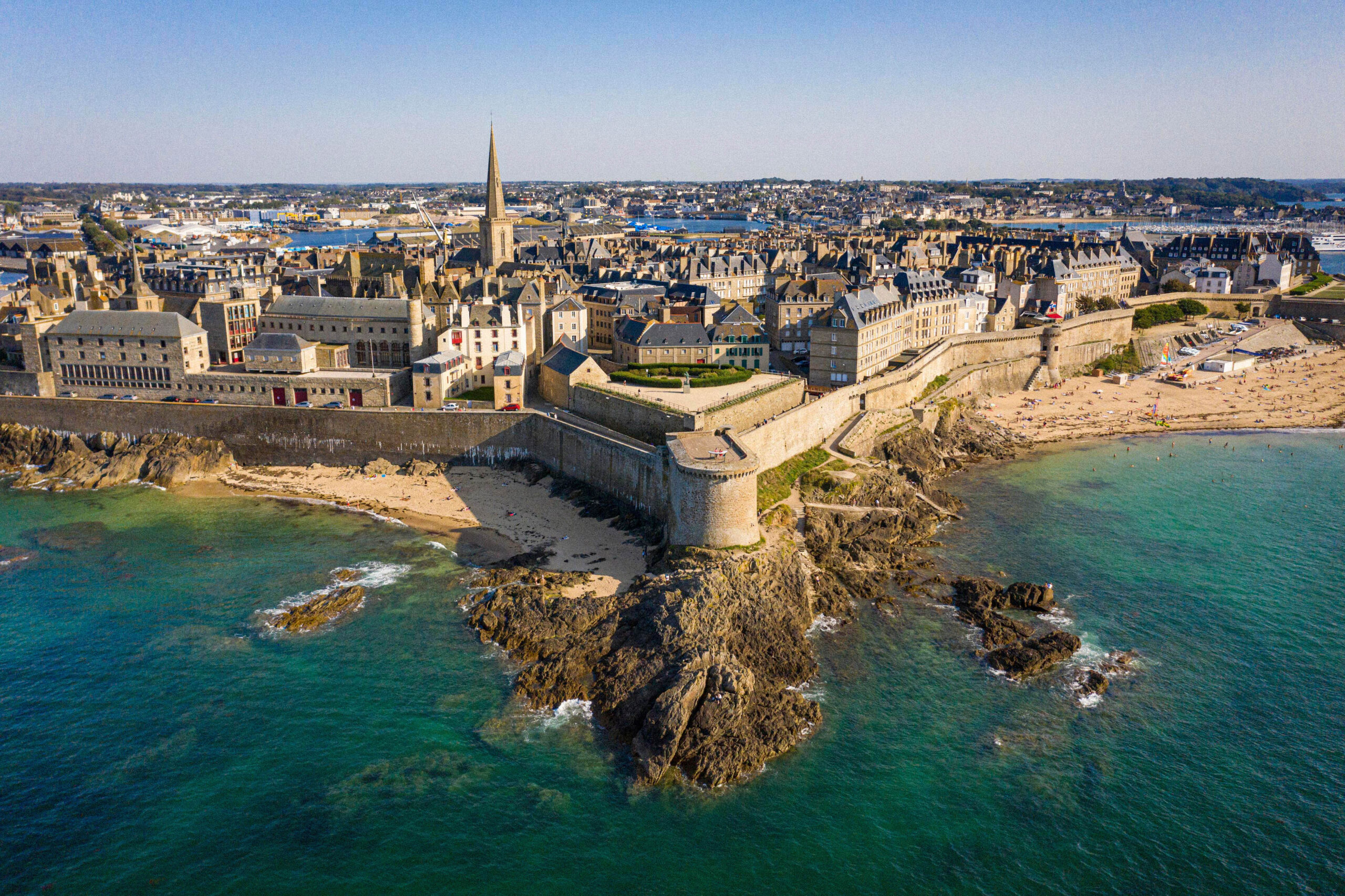I often travel to Oxford for an academic conference and I take this opportunity to visit some of the colleges. Saint Catherine’s, where the conference is organized and where I was lodging, is a nice modern building, but of course most of the other colleges are jewels of medieval architecture, built in this beautiful yellow stone shining as gold under the sun. This year I visited with pleasure Magdalen College at the entrance of the city and Exeter College which offers a superb view on the Radcliffe Camera from its Fellow’s Garden.
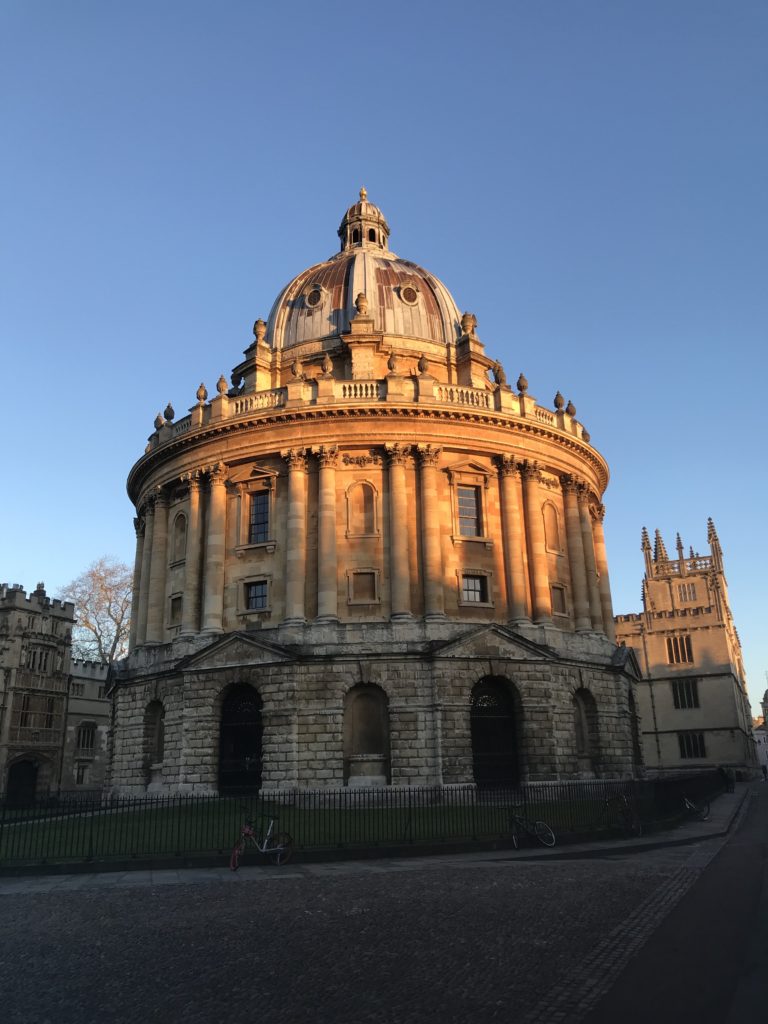
Oxford’s monuments are famous in part for having served as the setting for the detective novels written by Colin Dexter featuring Inspector Morse and adapted as a TV series. I chose to read «The Jewel That Was Ours», which was first written as a TV script (“The Wolvercote Tongue”) and transformed as a novel. A bus carrying a group of wealthy elder Californian tourists arrives at the Randolph hotel in front of the Ashmolean Museum. One of the tourists is found dead in her room and a jewel from the Saxon period that she was planning to give to the Museum has disappeared. Two days later, the body of Dr. Kemp is found floating, lifeless, in the Cherwell river. He was a specialist in medieval archeology who served as guest-speaker for the tour and had prepared to receive the jewel on behalf of the Museum. Morse and his sidekick, Sergeant Lewis investigate. They quickly think they have unraveled the maze of intrigues and affairs, before realizing they went in the wrong direction. This is a very nice novel which led me to visit the Ashmolean Museum to admire the Alfred Jewel, the piece which inspired the book’s title.
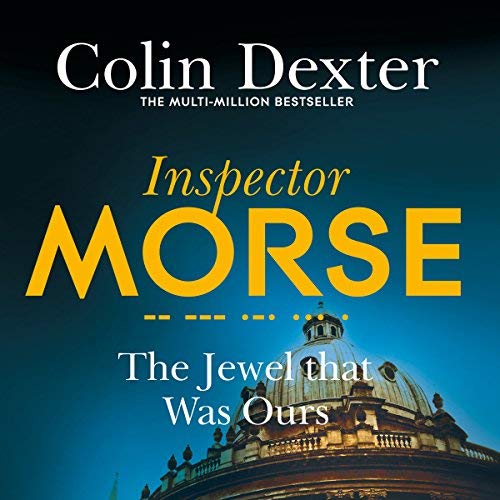
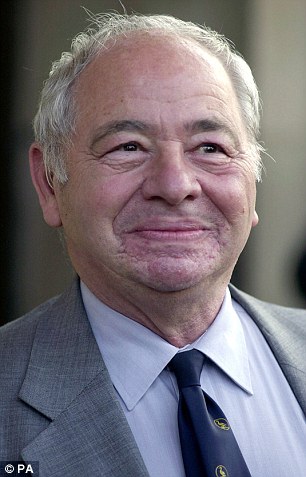
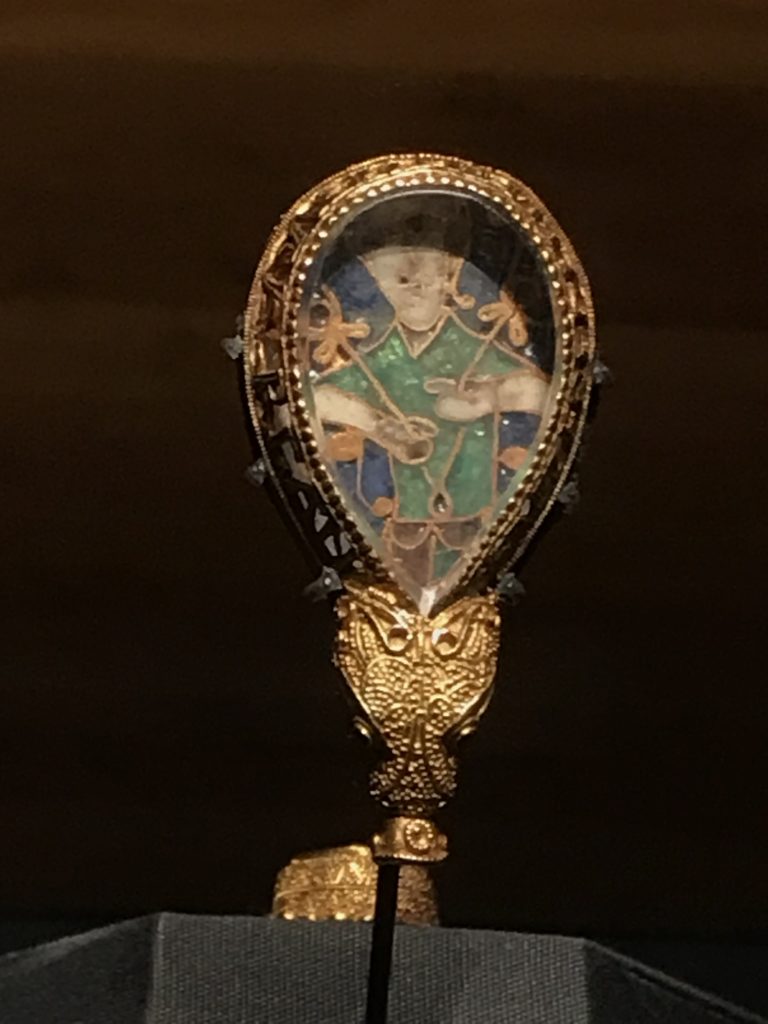
For many visitors, the Oxford colleges call to mind Harry Potter’s world. That’s why many tourists wait in line at Christ Church where the film series have been shot. I confess not having read J.K. Rowling’s novels.
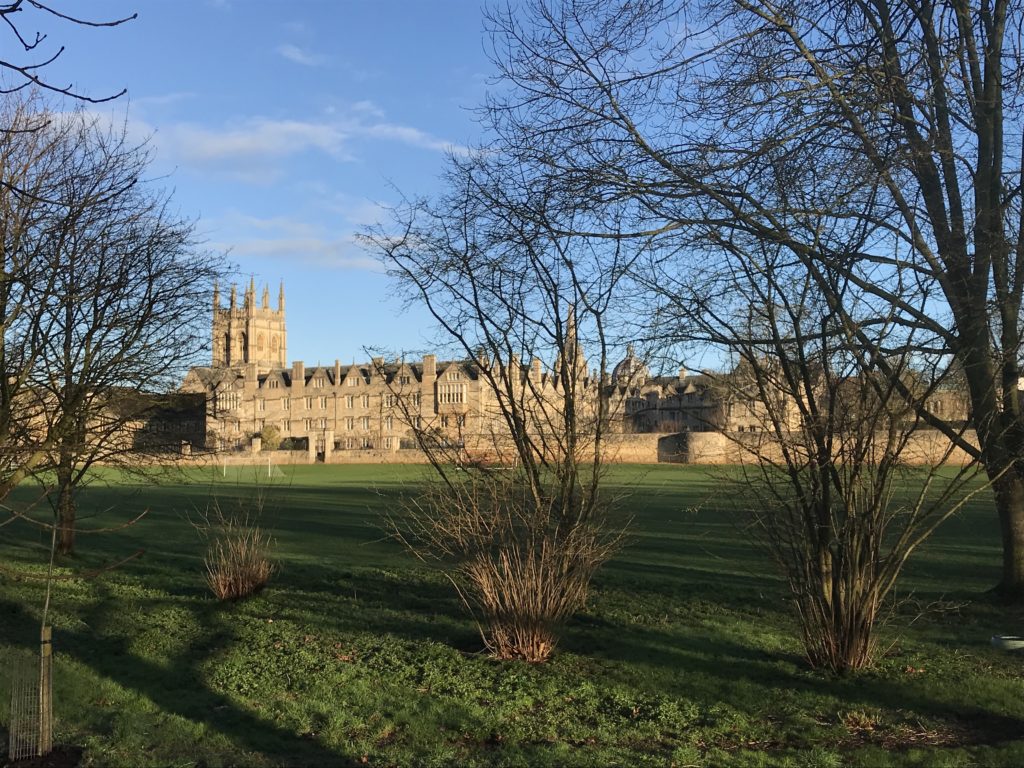
At the beginning of my career, I had been invited for a fly-out by University College for a possible recruitment. I didn’t get a job offer but had been invited for dinner by the college. After having exchanged with scholars from all disciplines around one of two glasses of sherry, the faculty entered in orderly fashion in the Hall, the students stood up and the professors took place at the « High Table » while one of the students read the graces. The ritual did not fail to impress the potential recruit.
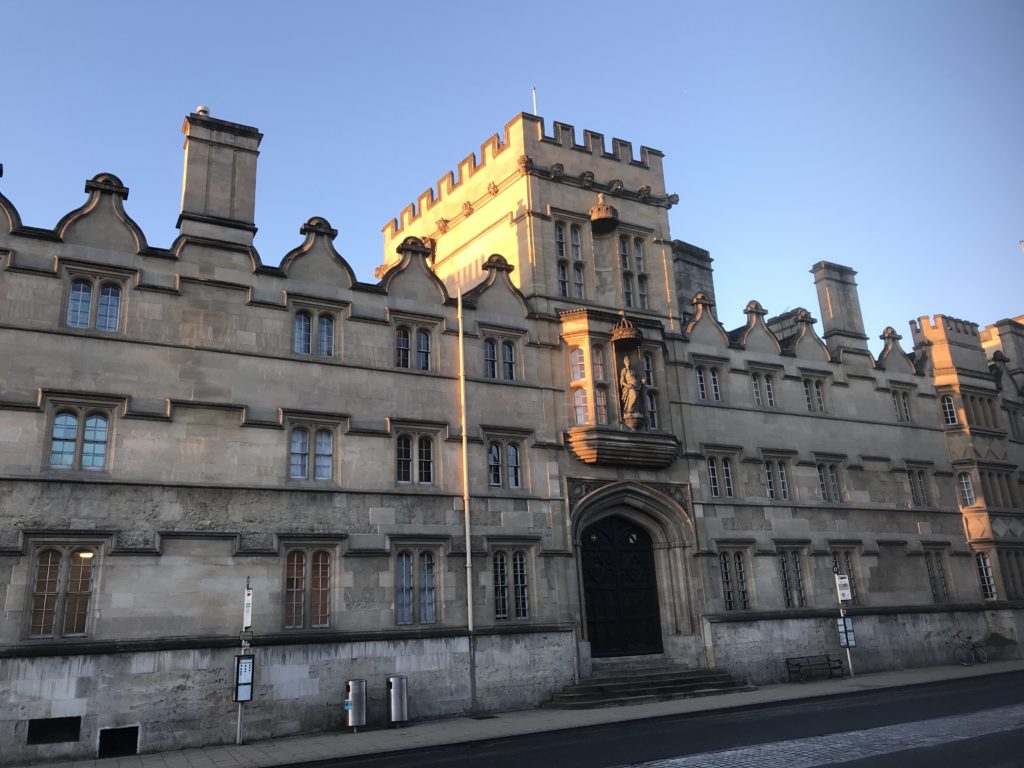
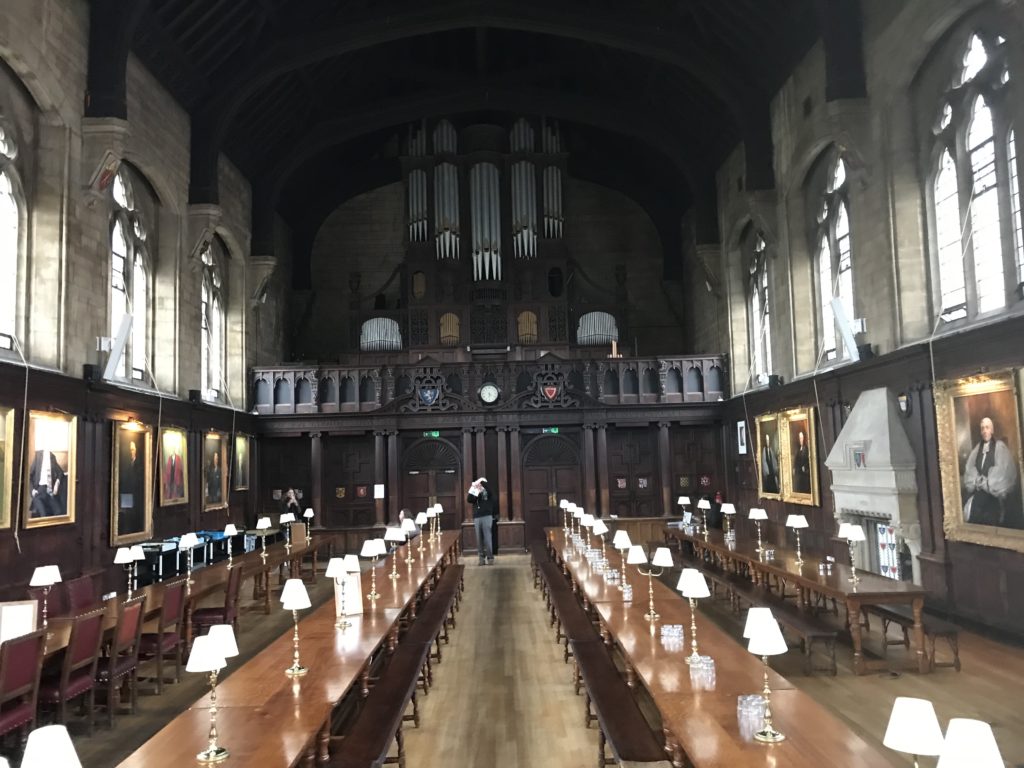
This university life which seems to never change is described in the first part of “Brideshead Revisited”, one of Evelyn Waugh’s most famous novels. It is in Oxford, between both wars, that Charles Ryder, the narrator, befriends Lord Sebastian Flyte, the scion of a catholic aristocratic lineage. Charles is invited to Brideshead, the sumptuous family domain where he gets to know the other members of this extravagant family. Sebastian loses himself in alcohol – something that Charles cannot prevent – and ends up living miserably in North Africa, far from everyone. Many years later, Charles reconnects with Julia, Sebastian’s sister, on an Atlantic liner bringing them back from New York. Both are separately married, but they fall in love, divorce from their spouses and plan to marry. This project is interrupted by the return to Brideshead of Lord Marchmain, Sebastian and Julia’s father, who until then had led a dissolute life in Italy with his mistress. The father, on his deathbed, rekindles in extremis his Catholic faith, bringing back, unbeknownst to him, his daughter on the righteous path. A very nice novel about friendship, love and redemption. Those are themes that might sound a little bit old-fashioned, like the colleges in Oxford, but which nevertheless maintain their emotional charge thanks to Evelyn Waugh’s style (and its interpretation by Jeremy Irons in the audiobook version I listened to). The book has been adapted twice, first as a TV series and then as a movie which I am planning to watch.
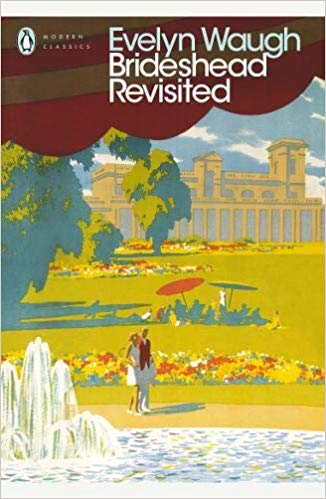

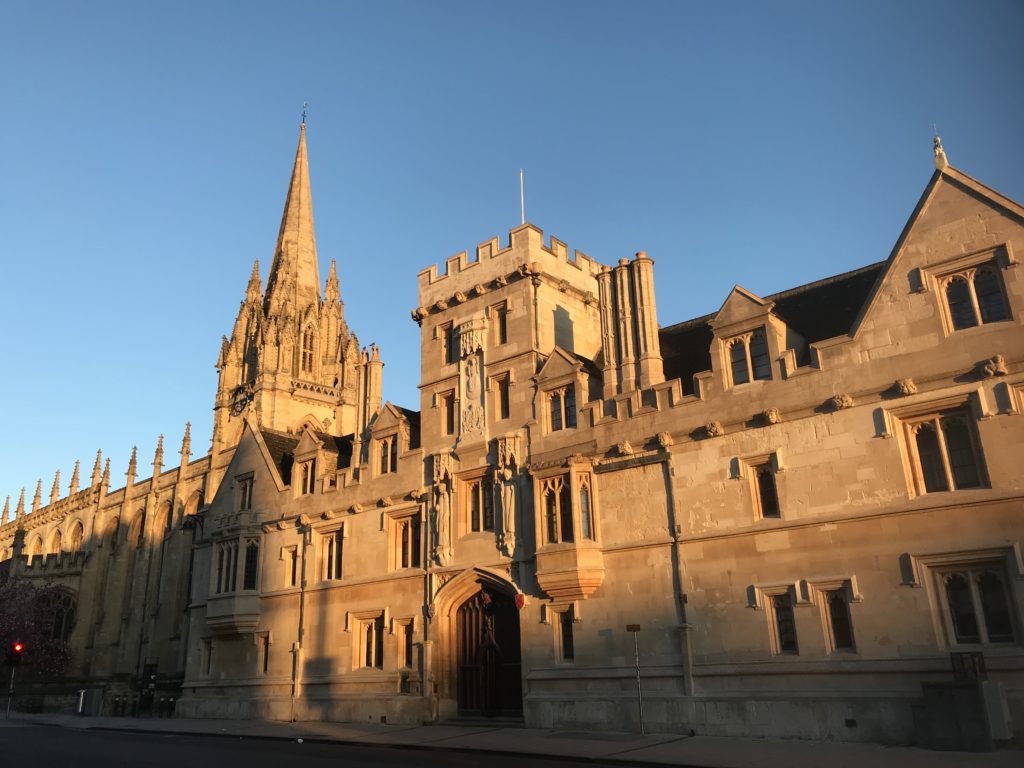
In « The Last Enchantments », Charles Finch brings us back to the present and describes the year spent in Oxford by Will Baker, an American graduate student, an experience he himself lived. The novel beautifully describes his discoveries during the first months, the somewhat strange habits of college life, his new friendships and his multiple amorous temptations despite his girlfriend back in New York. Towards the end, Will balances between a fellowship at Oxford, a job in the City of London or a return to a career in the world of politics in the States. This year in Oxford seems to have been like a last parenthesis of freedom and enchantments before the big jump in a professional career. Having myself been a perpetual student, I enjoyed this flash back to the last hesitations between a professional life and the academic world.
